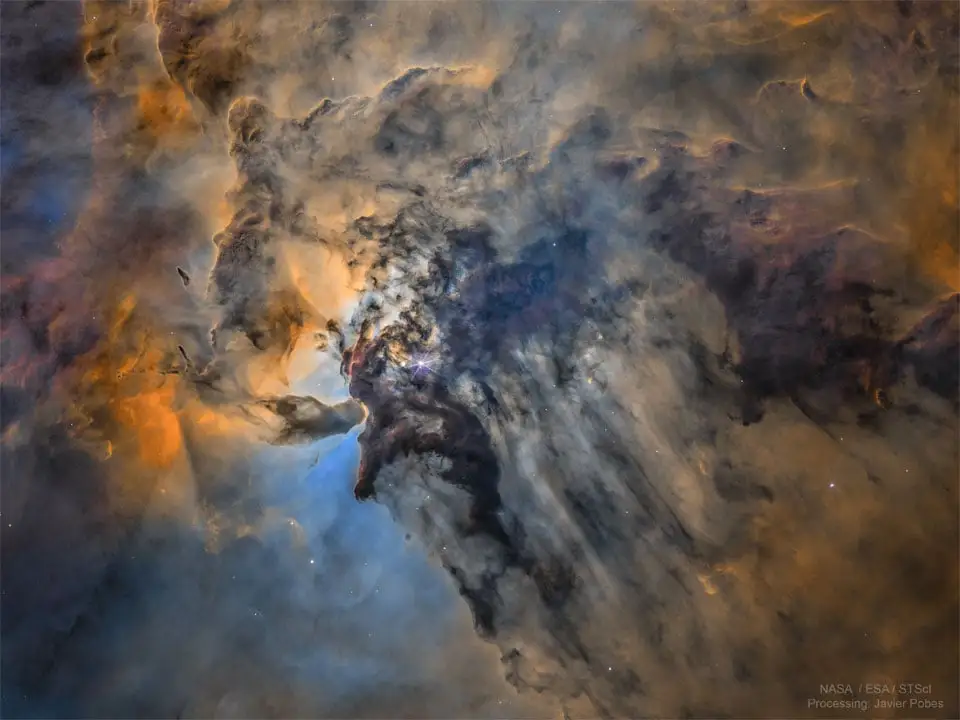this post was submitted on 26 Feb 2024
66 points (98.5% liked)
Space
8669 readers
204 users here now
Share & discuss informative content on: Astrophysics, Cosmology, Space Exploration, Planetary Science and Astrobiology.
Rules
- Be respectful and inclusive.
- No harassment, hate speech, or trolling.
- Engage in constructive discussions.
- Share relevant content.
- Follow guidelines and moderators' instructions.
- Use appropriate language and tone.
- Report violations.
- Foster a continuous learning environment.
Picture of the Day
 The Busy Center of the Lagoon Nebula
The Busy Center of the Lagoon Nebula
Related Communities
🔭 Science
- !astronomy@mander.xyz
- !curiosityrover@lemmy.world
- !earthscience@mander.xyz
- !esa@feddit.nl
- !nasa@lemmy.world
- !perseverancerover@lemmy.world
- !physics@mander.xyz
- !space@beehaw.org
- !space@lemmy.world
🚀 Engineering
🌌 Art and Photography
Other Cool Links
founded 1 year ago
MODERATORS
you are viewing a single comment's thread
view the rest of the comments
view the rest of the comments

So the ultimate fate of the Earth may be to become a metallic scar on the face of the ghost of the Sun?
That’s pretty metal
Scarface?